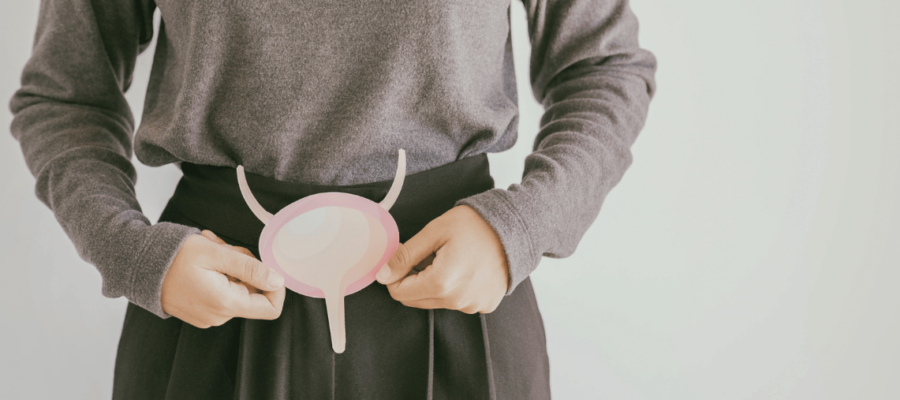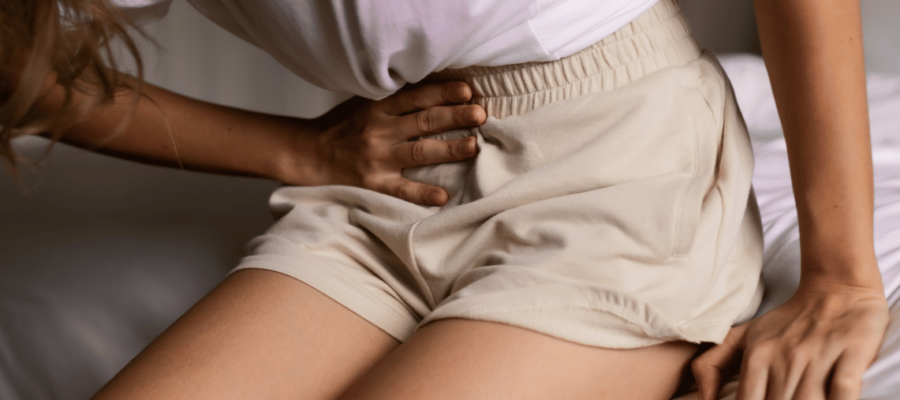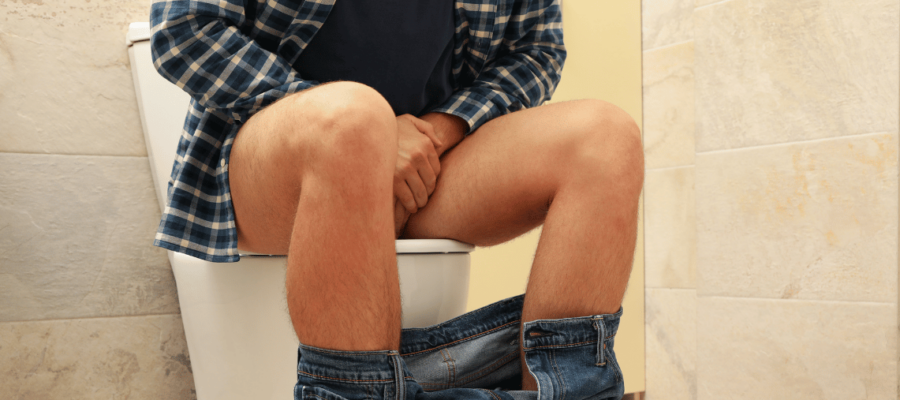Urine leakage is never pleasant, but in the workplace it can be extra annoying. Many people are afraid that a colleague will see or smell it. 7 tips to prevent urine leakage from ruining your working day.
Whether you suffer from urine loss or not, you (usually) just have to go to work. If you have an overactive bladder, it can be annoying if you have to urinate every hour – or more often. Especially if your colleagues know nothing about it. And if you sometimes leak a little bit of urine, it can be bad for your self-confidence: don’t others see or smell it? But also in the case of urine loss in the workplace: good preparation is half the battle.
1. Get the basics right
Of course, good preparation starts with using the right materials. And that means: incontinence pads. Because a panty liner or sanitary towel is really insufficient to absorb urine loss. For light incontinence, material with less absorbency is sufficient. For heavier urine loss, you want something that is thicker and absorbs more fluid. Fortunately, incontinence material is available in different grades. They all trap moisture and any faeces, absorb them quickly and neutralize the odor, so you don’t have to worry about someone ‘smell’ you. In addition, modern incontinence materials are completely invisible under clothing.
2. Sometimes a little heavier
If you have a busy day ahead of you with long meetings or physically demanding work, it can be useful to use a slightly heavier incontinence product than normal. Also do this if, for example, you have to climb a lot of stairs or if you have a team outing where you move a lot and smile.
3. Always something on hand
In your work bag, put a bag with some extra incontinence material, a spare pair of underpants and some plastic bags to put used bandages in if there is no trash can available. You probably don’t need those spare clothes, but it does give you a sense of security.
4. Wear dark colors
Are you afraid of visible leakage? Then wear dark colors, where small moisture spots are least noticeable. You can also keep a longer jacket or cardigan at work so that – if you do have an accident – you have something to put on or tie around your waist. So it’s out of sight until you have a chance to put on something else.
5. Know where the toilet is
If you have an appointment outside the door, go to the toilet immediately upon arrival. Then you at least know where the toilet is if you have an urgent need. Are you going on a (business) trip? See if you can find a map of the conference center or hotel online and see where the toilets are. Book your plane seat on the aisle near the toilet and don’t forget to put your ’emergency bag’ from Tip 2 in your hand luggage.
6. Say no to coffee
In some people, caffeine irritates the bladder, prompting you to take it sooner. Avoid all caffeinated drinks (coffee, tea, cola, energy drinks) for at least two weeks and see if your symptoms improve. Carbonated drinks also have this effect on some people, so leave the soda for a while. Same for alcohol. Read more about foods which influence your bladder.
7. Tell the Boss
Some people with urine leakage prefer not to let colleagues know. Nevertheless, it may be wise to inform your manager or at least HR. Not only because going to the toilet may take more time when you have to change yourself and because you may be out of your seat more often, but also for practical reasons. For example, in the men’s toilets there is not always a waste bin in the toilet, while that is nice when you change your incontinence material. Such a trash can is so placed, but then they have to know that it is necessary. Remember that urine leakage only remains a taboo if no one talks about it. You don’t have to explain all the details either; You can also say that you have a medical condition that requires you to have a toilet nearby.
















